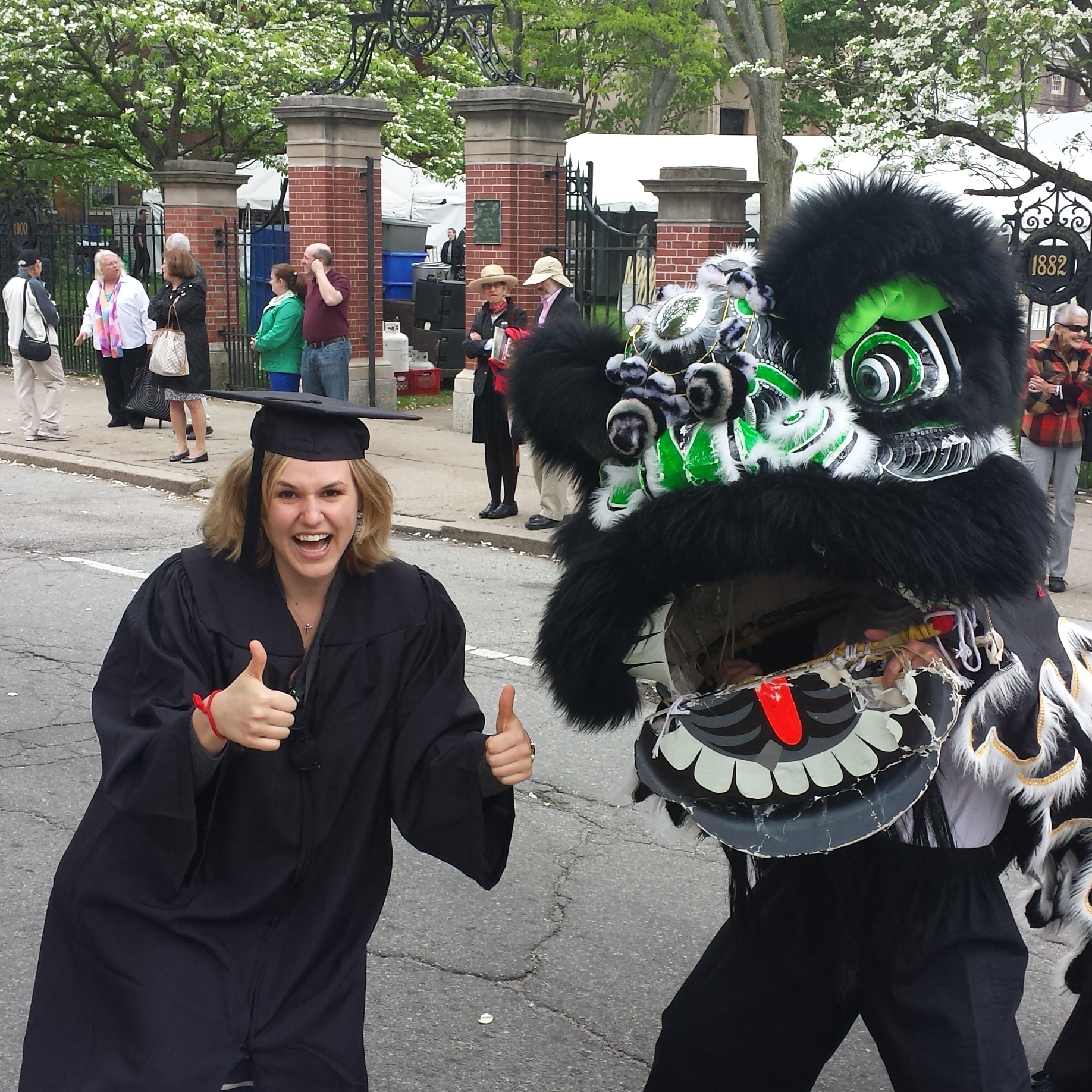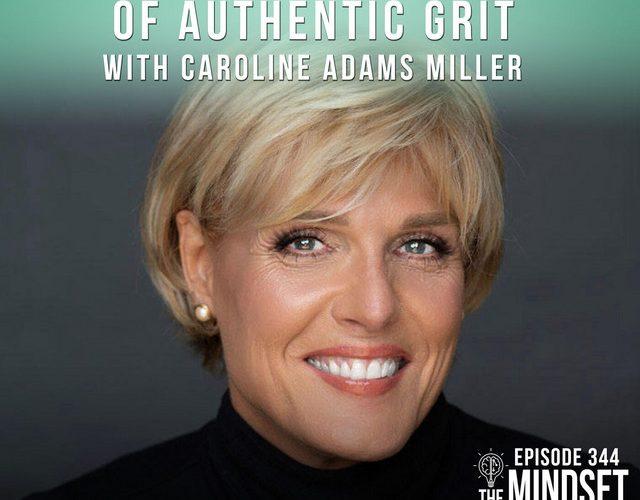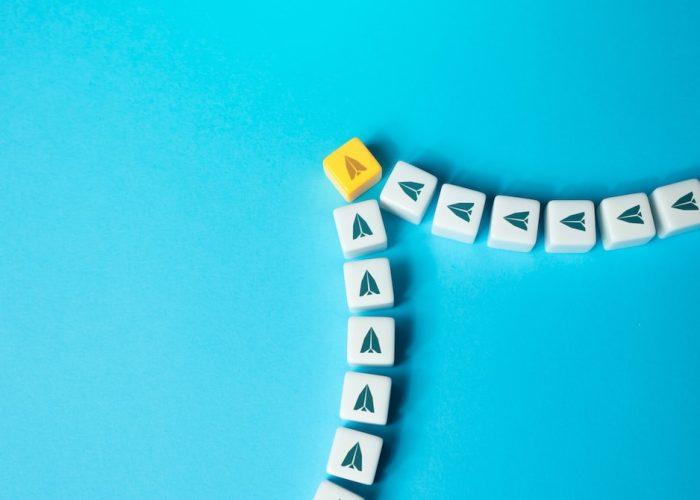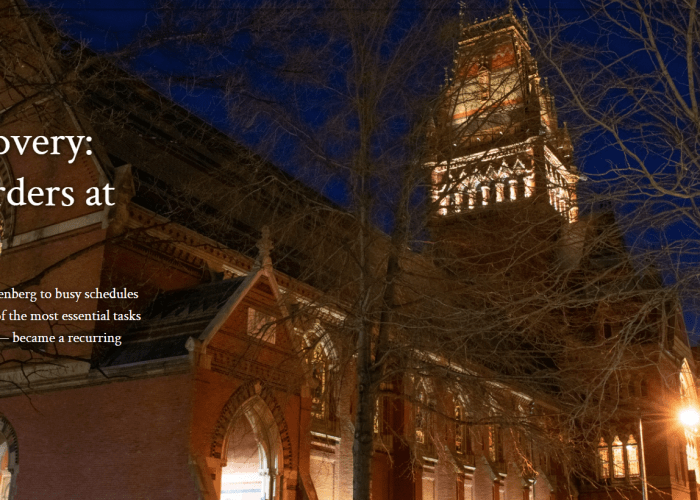The Graduation Speech I Would Give If Asked

Every year I write a column summarizing my annual thoughts about what I’d say if asked to give a graduation speech. One day I hope to be honored with a request like this, but until then, here are my best ideas geared towards young adults – like my daughter Samantha, who just graduated from Brown University this week – that I think will make life a little bit richer from many perspectives.
As always, my tips are pulled from the world of academic research, which is the basis for my goal-setting and Positive Psychology coaching practice. I’ve been surprised by how many terrific life approaches can be gleaned from the Ivory Tower that the general public never learns about, many of which I included in my best-seller, “Creating Your Best Life.” So without further ado, here are my top 2014 graduating tips:
Find your ikigai as soon as possible. Studies of long-lived, happy people around the world have discovered that those who wake up with a sense of meaning and purpose, (or “that which I wake up for” ikigai” in Japanese), are happier, healthier, 2 1/2 times less likely to develop Alzheimer’s disease, and less vulnerable to cardiovascular deterioration. Ask yourself what you contribute to the world that is unique to your strengths, both personally and professionally, and infuse your days with that purpose. It could be that your creativity brings beauty into others’ lives, that you inspire people to set harder goals for themselves, that you help others to laugh or learn better, or even that you have the gift of healing people with your hands, your job or your personality. Purpose and meaning never come from serving yourself; they always come from contributing to others, so don’t waste time thinking your purpose is to be famous or rich. And don’t forget that your purpose doesn’t necessarily have to be tied in with your professional career, although that would be ideal. Here’s a thought-provoking look at how purpose can come from extracurricular passions in your life.
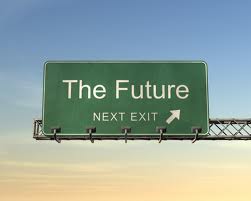
Take some time to spin yourself into the future and imagine your “best possible future self.” A deceptively simple, yet powerful, exercise called “Best Possible Future Self” involves writing about your life ten years in the future as if everything has gone as well as possible. If you do this for twenty minutes, 3 days in a row, research has found that you are happier, more committed to goal pursuit, more hopeful and even more likely to save money for your “future self.” Too many people go through life by being reactive to what is undone instead of being proactive about what you choose to do, and this exercise can give you a blueprint of proactive opportunities awaiting you, while also unleashing some fresh thinking about possibilities for yourself that you may have never contemplated before. (For a free download of this exercise, click here.)
Walk more and sit less. There have been a barrage of studies in the last year showing that sitting too much during the day is more toxic to your body than many other self-destructive behaviors, like smoking. Our bodies are not meant to be idle, and there is an abundance of evidence showing that walking unleashes a huge number of physical and psychological rewards. For example, just ten minutes of walking prompted more creative thinking and twenty minutes was sufficient to restore zest and vitality, an effect that lasted for hours. A brand-new study even found that animals voluntarily chose to run on exercise wheels that were placed in nature, demonstrating that organisms get a payoff from effortful movement. Finally, another study found that when given the choice between idleness and movement, volunteers overwhelmingly chose movement; the researcher’s theory is that people usually have more energy than a desire to do nothing, so when given an excuse to move they preferred it. One last point: the fitter you are in your twenties, the more likely you are to be cognitively fit in your forties, so don’t do the couch potato routine, however appealing it can be.
Look into people’s eyes when you speak to them. Barbara Fredrickson, author of “Love 2.0” and “Positivity” has been doing groundbreaking work on how microbursts of experiencing caring emotions – or “positive resonance” – with others builds a greater capacity to love and thrive, initiating a feedback loop of happiness, health and mutual

connection. This is thwarted, however, when you don’t look into the other person’s eyes because that is the “key gatekeeper to neural synchrony.” At a time when we are all too tied to looking at computer screens and gadgets – even when talking to others – this couldn’t be a more critical shift if you want to have valuable relationships with others. Even the homeless have said that of all the indignities they endure, not being looked in the eyes is among the most painful, and research backs this up, showing that being ignored hurts the body as much as actual physical pain.
Give more, but don’t be stupid about it. One of the finest new books in the psychology and self-help area is “Give and Take” by Adam Grant, and it’s about how the most successful – and unsuccessful – give generously and unstintingly to others. His research has shown that people adopt several styles when it comes to giving to others, and he calls them “givers,” “takers” or “matchers.” These terms are self-explanatory for the most part, but it’s important to note that when we give to others without expectation of receiving anything back, we build positive relationships with others, have more pride in our abilities, and reinforce our own values of kindness. Those who overgive, however, tend to be doormats for “takers,” who prize self-interest over generosity, while successful “givers” stop giving to “takers” the moment they see that they have been taken advantage of, but they don’t change their own inherent desires to give, collaborate and mentor. If you have a strong character strength around kindness, this would be a classic overuse of the strength, so learn how to dose this important quality in the best ways.
Lose a little more and take it in stride. It’s been well documented that younger generations have grown up with too little risk – the result of overprotective parents, the self-esteem movement and a society that prefers a “CYA” mentality of playing it safe to avoid litigation and be politically correct at all times. As a result, too few young adults have a concrete understanding of what it means to be resilient when you don’t get what you want, so they don’t know what they’re made of, nor do they know who would be at their side if they needed real help and support. Research is very clear that the happiest people have had several huge setbacks in their lives that have helped them develop a firmer grip on their values and self-confidence, so don’t worry about taking risks that could result in failure. Those potential failures will bring you more hard-fought wisdom than you could ever get from playing it safe and racking up safe wins.

